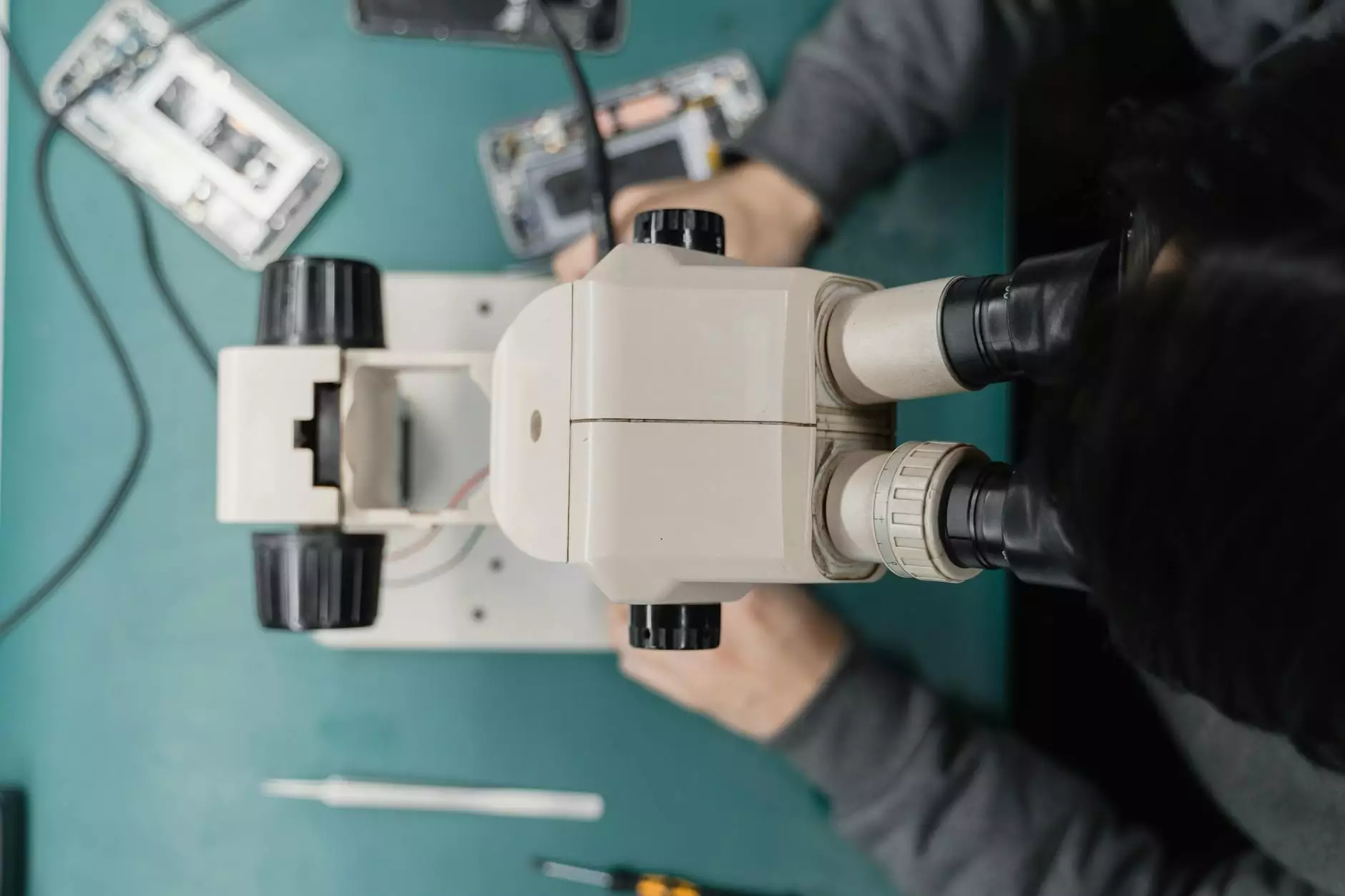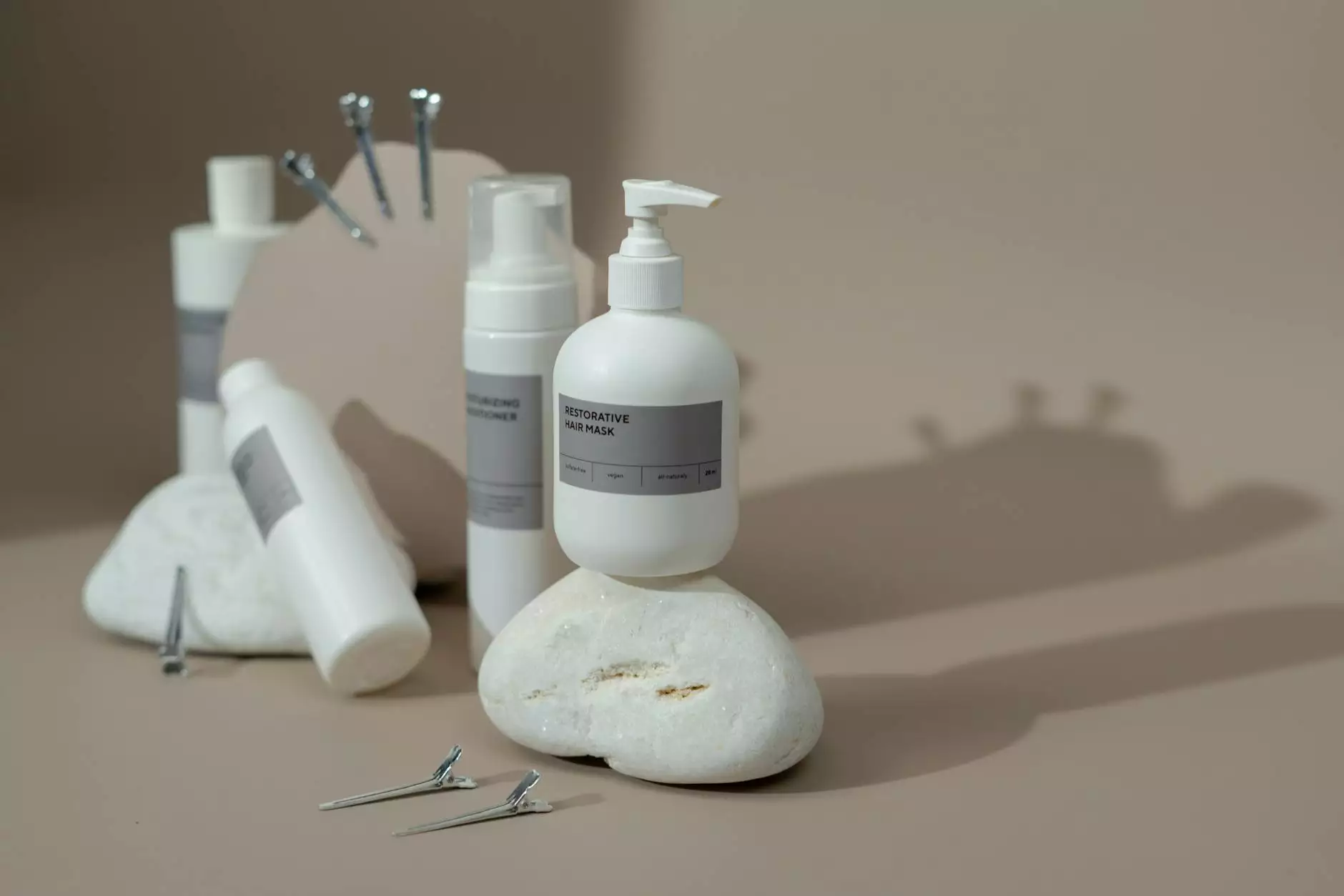Unlocking the Potential of Metal Die Casting in Modern Manufacturing

Metal die casting has become a cornerstone of manufacturing, esteemed for its precision and efficiency. As we delve into the multifaceted nature of this manufacturing process, it's essential to understand what metal die casting entails, its advantages, and its applications across various industries. Organizations like deepmould.net are at the forefront of providing exceptional services in this sector, ensuring quality and reliability in every cast.
What is Metal Die Casting?
At its core, metal die casting is a manufacturing process that involves forcing molten metal into a mold cavity under high pressure. This method is distinguished by its ability to produce parts with intricate shapes and smooth surfaces, making it widely proficient in industries such as automotive, aerospace, and electronics.
The Die Casting Process Explained
The die casting process can be broken down into several critical steps:
- Preparation: The mold is meticulously designed and built, often using steel to withstand the stress of high-temperature molten metal.
- Melting: Metal alloys, typically aluminum, zinc, magnesium, or copper, are melted in a furnace at precise temperatures.
- Injection: The molten metal is injected into the mold at high speed, filling the cavity before solidifying.
- Cooling: The cast is allowed to cool, solidifying into the desired shape.
- Ejection: Once cooled, the mold opens up, and the finished piece is ejected.
- Finishing: Additional finishing touches may be applied, such as trimming excess material or surface polishing.
Advantages of Metal Die Casting
Understanding the numerous advantages of metal die casting is essential for any business looking to leverage modern manufacturing techniques. Here are some key benefits:
- High Precision and Accuracy: Die casting produces parts with excellent dimensional accuracy and intricate geometries, which is critical in fields that require precision.
- Efficiency and Speed: The ability to rapidly produce larger quantities of parts reduces manufacturing lead times significantly.
- Material Versatility: A broad range of metals can be used in the die casting process, offering flexibility for various applications and industries.
- Cost-Effectiveness: Although the initial costs of die casting tooling can be high, the overall cost per unit decreases with high-volume production.
- Reduced Waste: The process minimizes material waste, contributing to more sustainable manufacturing practices.
Applications of Metal Die Casting
The versatility of metal die casting enables its application across multiple sectors. Below are some prominent industries that benefit greatly from this technology:
1. Automotive Industry
In the automotive sector, die casting is pivotal in producing components such as:
- Engine blocks
- Transmission cases
- Wheels
- Fuel and oil filter housings
These parts benefit from the lightweight yet sturdy nature of die-cast materials, enhancing fuel efficiency and performance.
2. Aerospace Applications
The aerospace industry relies on metal die casting for critical components, such as:
- Structural components
- Landing gear parts
- Engine mounts
Given the high standards for safety and performance, die casting provides the necessary reliability and strength required for aerospace applications.
3. Electronics Manufacturing
Die casting is also vital in the electronics industry for creating various housing components that protect and support electronic devices. Common applications include:
- Connectors
- Heat sinks
- Chassis
These components often require excellent thermal conductivity and durability, which die casting delivers.
The Future of Metal Die Casting
As technology advances, so does the future of metal die casting. Innovations such as automated systems, improved tool designs, and advanced materials are poised to enhance the die casting process further. The integration of Industry 4.0 technologies, including IoT and AI, will allow for predictive maintenance, quality monitoring, and optimized production processes, ensuring a competitive edge in the manufacturing landscape.
Commitment to Quality at DeepMould.net
At deepmould.net, the commitment to quality in the field of metal fabrication and metal die casting is unparalleled. With state-of-the-art facilities and a team of skilled professionals, the company ensures that each product meets the highest standards of excellence. By leveraging cutting-edge technology and adopting best practices, deepmould.net positions itself as a leader in this competitive industry.
Environmental Impact and Sustainability
In today’s manufacturing landscape, sustainability is a paramount concern. The metal die casting process contributes positively through:
- Material Recycling: Die cast metals are often recyclable, which minimizes environmental impact and promotes sustainability.
- Energy Efficiency: Modern die casting systems are designed for energy efficiency, reducing the overall carbon footprint of the manufacturing process.
- Reducing Waste: The precision of die casting minimizes scrap material, aligning with sustainable manufacturing practices.
Conclusion
In summary, metal die casting serves as a vital process within modern manufacturing, offering numerous advantages, from precision to efficiency. Its applications across various industries underscore its significance and the role it plays in driving innovation and excellence. With companies like deepmould.net leading the charge, the future of metal die casting is bright, marked by advancements in technology and a commitment to sustainability. Embracing this manufacturing process today means preparing for a high-performance, efficient, and environmentally responsible tomorrow.









